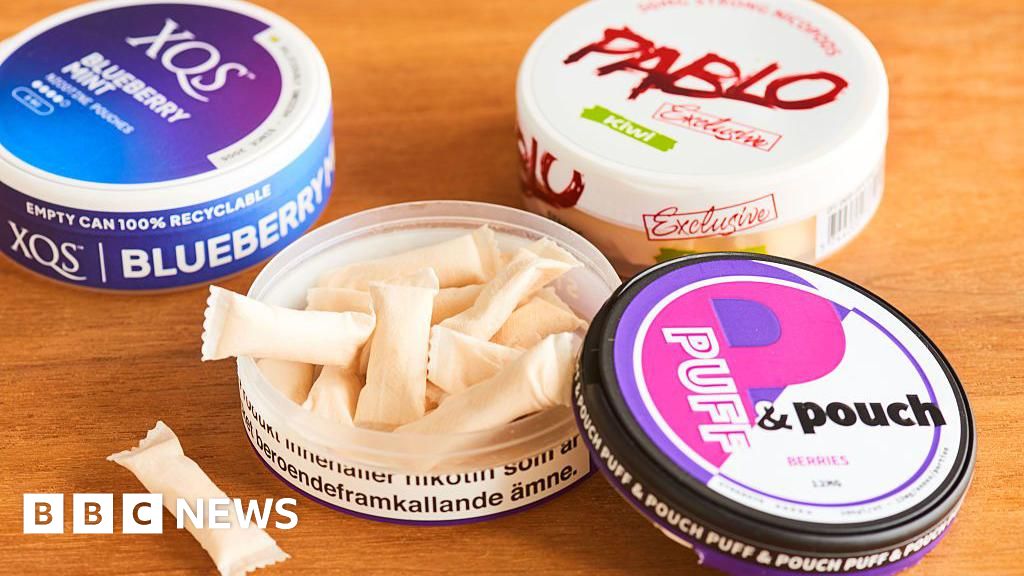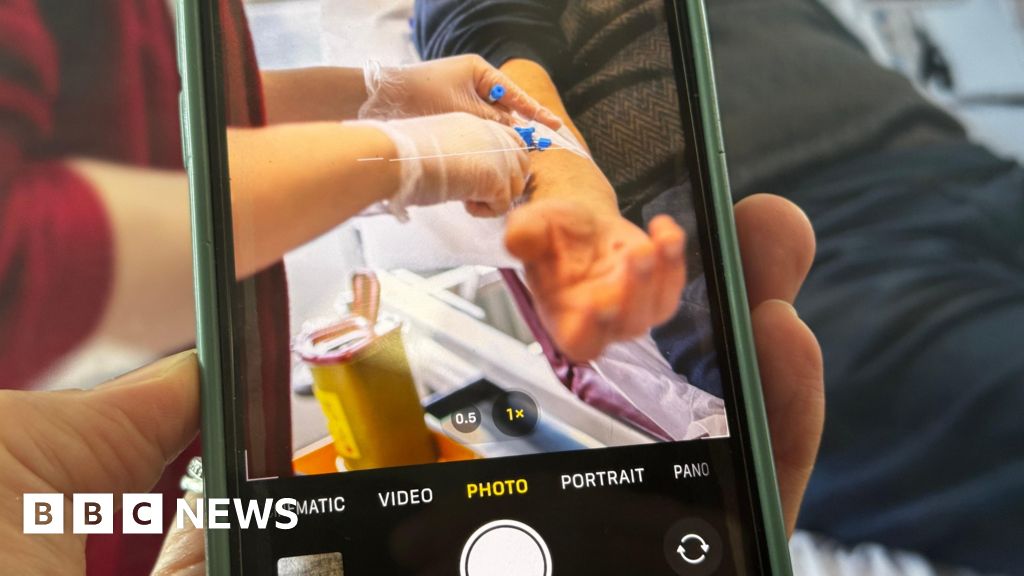ARTICLE AD BOX
 Image source, Getty Images
Image source, Getty Images
As a result of the protocol, Northern Ireland still follows the EU's pharmaceutical regulations
By John Campbell
BBC News NI economics and business editor
There are significant unresolved issues with medicines supply to Northern Ireland as a result of the protocol, a House of Lords Committee has warned.
The post-Brexit deal - known as the protocol - means NI is still inside the European Union's pharmaceutical regulatory system.
The EU acknowledged this was causing practical problems and changed some of its laws to ease the situation.
But the Lords say more action will be needed to avoid disruption of supplies.
Lord Jay of Ewelme, chair of the Sub-Committee on the Northern Ireland Protocol said: "There is a widespread assumption that the EU legislation that came into force in April 2022 has resolved the problems with supply of medicines to Northern Ireland.
"This is clearly not so. While the legislation was welcome as far as it went, it is clear that significant issues remain unresolved.
"As the outcome of the UK-EU discussions over the future of the protocol is awaited, the provision of medicines to Northern Ireland must not fall off the radar under a misapprehension that the problems have already been dealt with.'
Image source, Getty Images
Image caption,Last week, Mr Sunak met European Commission President Ursula von der Leyen (right), raising speculation that an agreement was imminent
The UK and EU have been negotiating significant changes to the operation of the protocol and the prime minister had been expected to announce a deal this week.
However his plans have run into opposition from the Democratic Unionist Party (DUP) and some Conservative MPs who fear the changes will not go far enough.
It is currently unclear if any new deal will include further changes to the rules on medicines.
The committee heard that 'the single biggest factor' causing continuing difficulties is the application of the EU Falsified Medicines Directive (FMD) to Northern Ireland, but not to Great Britain.
It places requirements on distributors moving products to Northern Ireland, including sample verifications of all medicine packs, and checking and decommissioning products before being passed to every healthcare institution in Northern Ireland that is not a hospital, pharmacy or doctor.
For medicines moving from the EU to Northern Ireland via Great Britain, there is also the added administrative burden of deactivating security features as a product enters Great Britain and reactivating them as they enter Northern Ireland.
However the committee said the problem these procedures are supposed to be addressing is 'minuscule' with no reports of significant issues with counterfeit medication in Northern Ireland.
Image source, Getty/Luis Alvarez
Image caption,The committee pointed out there are broader issues impacting supplies aside from the protocol
The other major issue is a looming change to the licensing of some medicines which is being required by the UK government.
Effectively some products which are sold under an EU licence will have to move to a GB licence, meaning a divergence between licensing requirements between GB and NI.
Some manufacturers have warned it would not be commercially viable to produce Northern Ireland-only packs which will be required as a result of this change.
The committee was told that it was in the gift of the UK government not to go ahead with the regulatory change which would lead to the divergence.
It has written to the government to ask what steps it is taking, in dialogue with the EU, to identify a sustainable solution to the licensing issue before the end of 2023.
The committee also pointed out that there were broader issues impacting medicine supplies aside from the protocol.
It said: "Our witnesses pointed out that the problems with medicine supply to Northern Ireland are part of a wider set of issues affecting the sector, including the wider impact of Brexit on supply chains and product testing, issues with global supply chains, and shortages and rising costs of products since the COVID pandemic.
"This makes it difficult to disentangle the impact of the protocol from other factors."

 2 years ago
46
2 years ago
46








 English (US) ·
English (US) ·